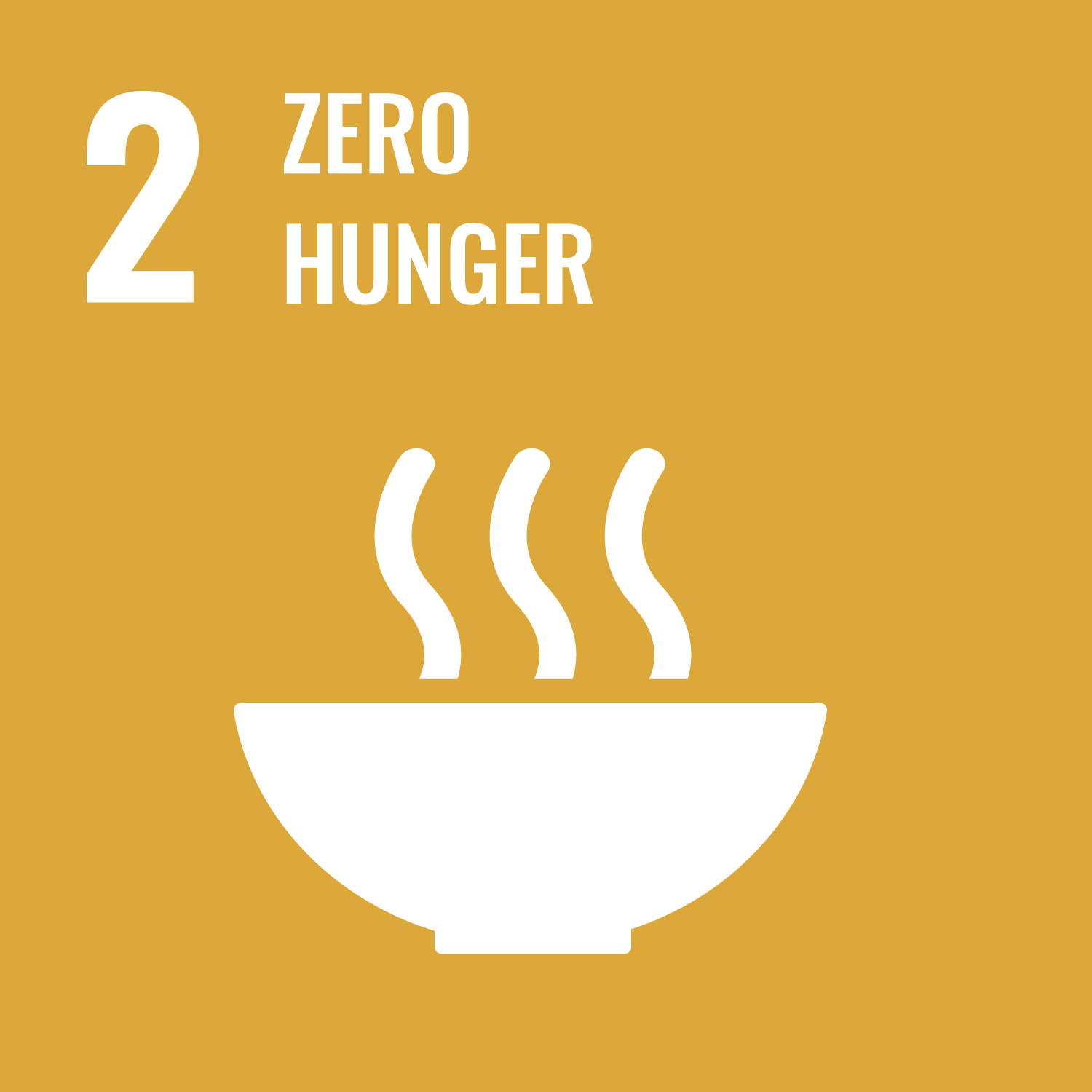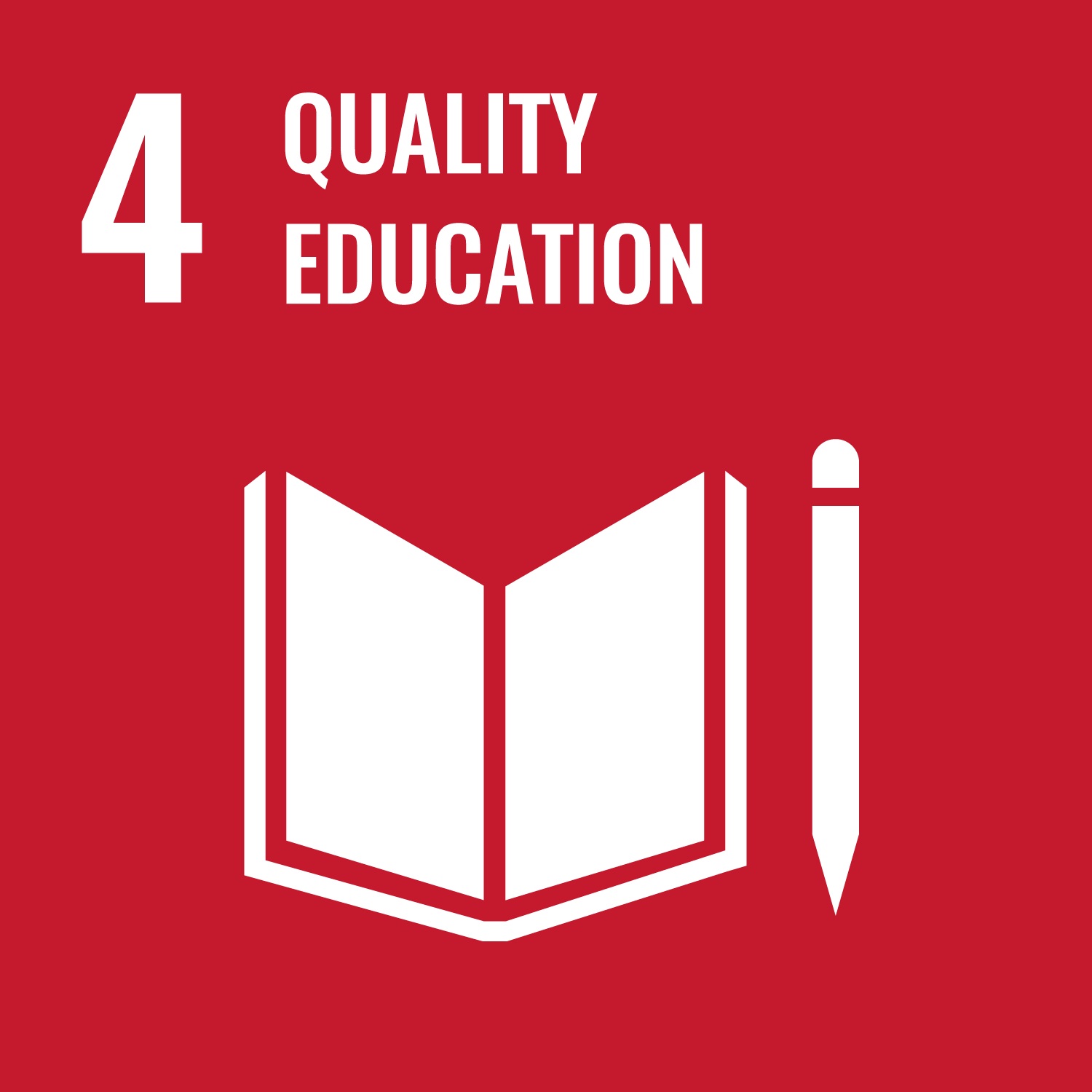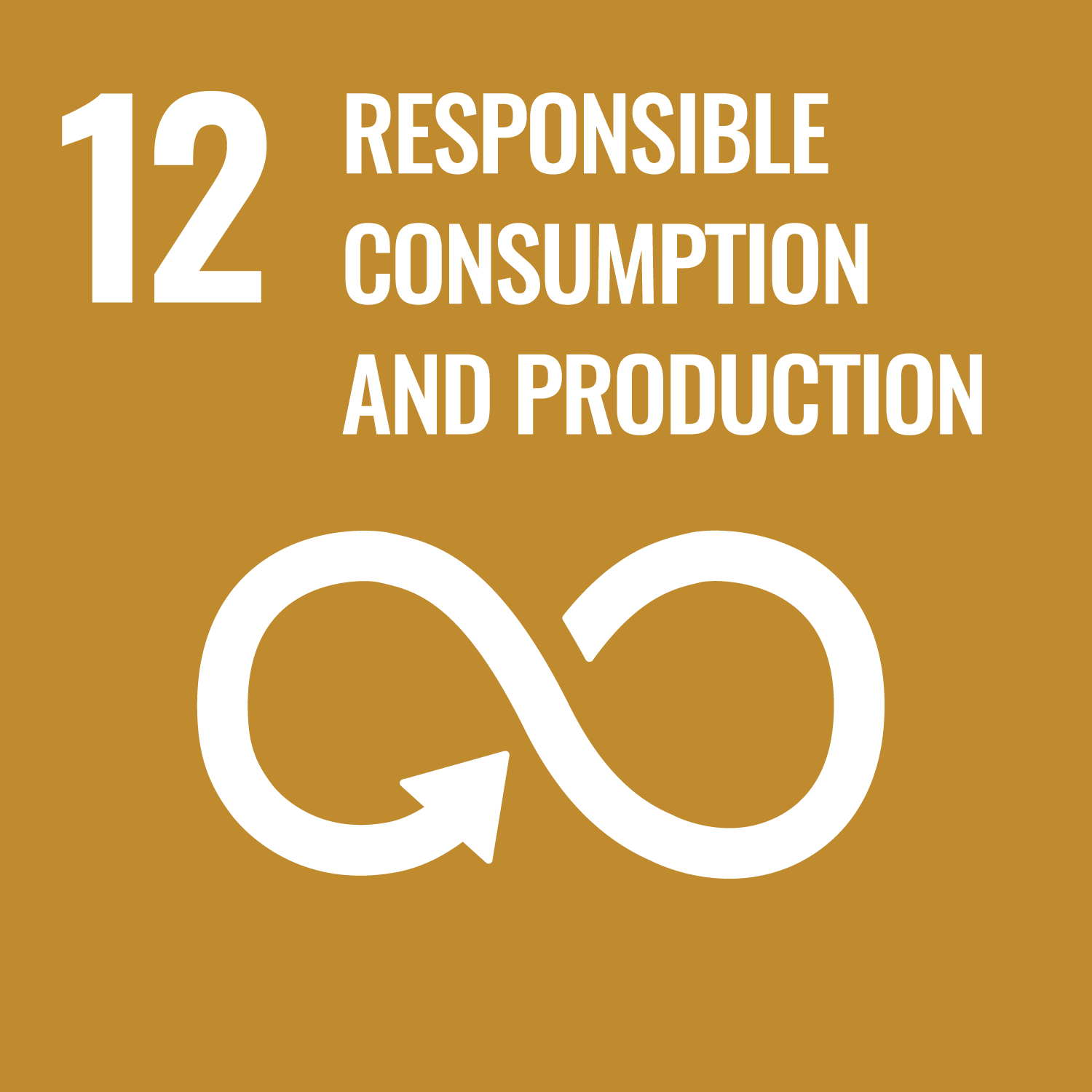La prise de la parole de la mère: Marie Ndiaye’s "La Sorcière" (1996)
The relationship between mother and text is, overwhelmingly, one in which the mother is figured as object rather than subject of narration (Hirsch, 1989) – the mother-figure, whether metaphorical or literal, being portrayed from others’ perspectives – a son, a daughter, an omniscient narrator… Examples of mothers as subjects of narration do exist – Mme de Sévigné’s letters to her daughter (17th century), Marie Cardinal’s 'La Clé sur la porte' (1972), Annie Ernaux’s 'La Femme gêlée' (1981) – but, since the beginning of the 1990s, the mother as narrative subject is increasingly to be found in women-authored literature (for example, Camille Laurens’s autobiographical 'Philippe' (1995), Christine Angot’s autofictional 'Léonore, toujours' (1994), Marie Darrieussecq’s ‘récit’ 'Le Bébé' (2002) Véronique Olmi’s novel 'Bord de mer' (2001) etc.)). So what are the implications of this 'prise de la parole de la mère' for the relationship between mother and text, between the mother and creativity that is the concern of this conference? A striking number of such maternal narratives evoke loss of different kinds. In the way that much literature is haunted by the loss of or separation from the mother, separation from the child would, in turn, seem to be a constant of mothers’ own narratives (fear or fantasy, inevitable reality…). This paper considers Marie Ndiaye’s novel 'La Sorcière' (1996), a particularly striking narrative of mother-child separation. Emblematic of Ndiaye’s trademark fantastic/realism mix, this novel portrays the mother as a witch, and her twin daughters fly the nest, literally, by transforming themselves into crows. 'La Sorcière' has perplexed feminist analysts, in particular because of the narrator-protagonist-mother’s (self-perceived) mediocrity. Through a close reading of the text which analyses its internal dynamics, I will show how Ndiaye’s exceptional/unexceptional mother-witch-narrator embodies, on a number of different levels, the complex tensions of mothers as subjects, indeed of mothers as narrative subjects.
| Item Type | Conference or Workshop Item (Paper) |
|---|---|
| Additional Information | A revised version of this paper is part of a chapter in Gill Rye, Narratives of Mothering: Women’s Writing in Contemporary France (Newark DE: University of Delaware Press, 2009) 221pp ISBN 978-0-87413-040-9 (hb) |
| Keywords | narratives of mothering, mother-daughter relations, mother-child separation, Marie Ndiaye, mother as witch |
| Subjects | Culture, Language & Literature |
| Divisions |
Institute of Modern Languages Research Institute of Modern Languages Research > Centre for the Study of Contemporary Women's Writing |
| Date Deposited | 30 Aug 2011 10:37 |
| Last Modified | 05 Aug 2024 18:35 |
-
picture_as_pdf - Rye_-_Edinburgh_Mothers_-_paper_(Ndiaye).pdf
-
subject - Presentation










